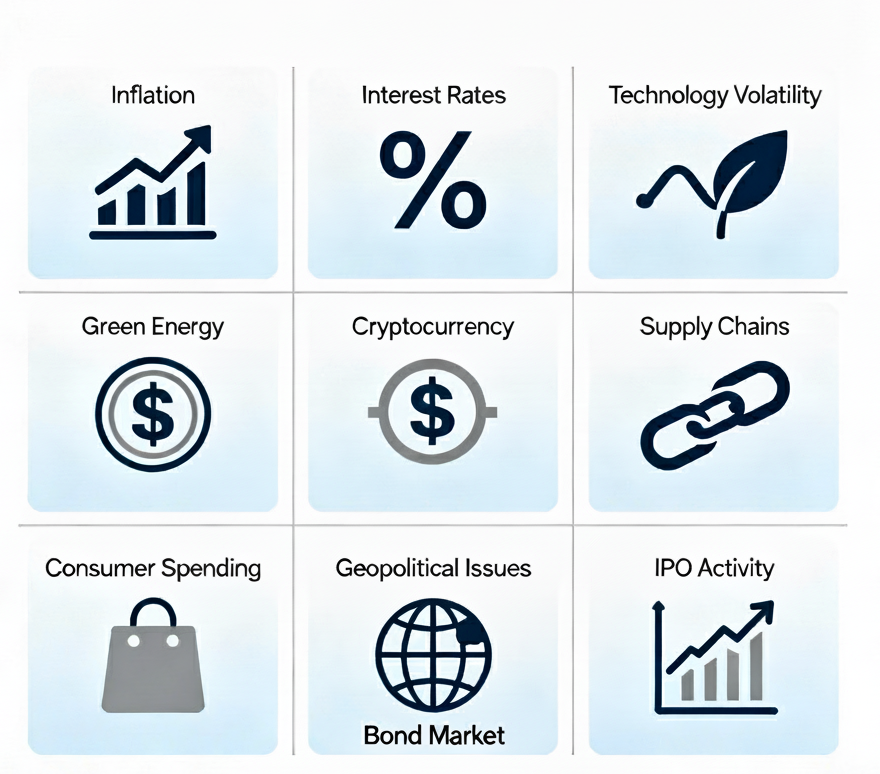Tech’s Role in Transparency
What Is a Digital Product Passport (DPP)?
A Digital Product Passport (DPP) is a digital identity assigned to every product—from electronics to textiles—that stores comprehensive lifecycle information. This includes details about raw materials, manufacturing processes, supply chain, sustainability metrics, and disposal or recycling instructions. Unlike traditional labels, a DPP can be accessed through technologies like QR codes, RFID tags, or blockchain records, providing stakeholders—from brands to consumers—a single point of truth about the product.ramboll+2
With regulatory deadlines like the EU’s April 2025 mandate, major industries are racing to implement DPPs across sectors. These passports will play a central role in fostering a circular economy, enhancing product traceability, and supporting transparency in global supply chains.fluxy+1
Why Do Digital Product Passports Matter?
Enhancing Transparency and Trust
Modern consumers expect brands to be open about what goes into their products, where materials are sourced, and how items are made. DPPs empower shoppers to scan a code and instantly access this information, seeing whether a product was assembled responsibly, which materials were used, and if fair labor practices were involved. This degree of transparency builds real trust—and research shows 94% of shoppers are more loyal to brands that are transparent about their products.commport+1
Enabling Sustainability and Circularity
DPPs are a game changer for sustainability. They collect and share data about recyclability, repairability, and energy efficiency, supporting informed environmental choices. For example, when a smartphone reaches its end-of-life stage, recyclers can instantly know which parts can be reused, reducing waste and supporting circular economic models. This granular data aligns with evolving European sustainability regulations, making compliance easier for manufacturers while raising the bar for industry-wide eco-standards.bsigroup+3
Powering Data-Driven Business Insights
The robust data gathered by DPPs helps companies optimize their operations. Brands can track material sourcing, monitor supply chain efficiency, and identify weak points—such as models prone to defects—by analyzing product histories. Centralized digital records not only streamline processes but also support innovation, cost savings, and risk management across the value chain.icecat+1
Real-World Applications and Examples
Fashion and Textiles
Sustainability-driven fashion brands like PANGAIA have begun tagging each garment with a QR code linking to its DPP. Shoppers can scan the code for detailed materials info, environmental impact, and recycling instructions. This empowers conscious buying and enhances brand reputation.
Electronics and Smart Devices
Tech companies are adopting DPPs to detail energy use, hazardous materials, repair instructions, and end-of-life recycling protocols. By centralizing all these details, DPPs enable easier repair, responsible disposal, and transparent sourcing—a win for consumers and the planet.tradeverifyd
Batteries and Industrial Goods
Upcoming EU laws specifically target batteries and construction products, requiring detailed digital passports to support safe recycling, regulatory compliance, and informed tracking of environmental metrics.fluxy
The Future of Transparency: Challenges and Opportunities
Implementing DPPs isn’t without its challenges. Companies need to invest in digital infrastructure, standardize data formats, and ensure robust cybersecurity for sensitive product information. But the advantages far outweigh the hurdles. By embracing this technological shift, brands position themselves as trustworthy, eco-conscious market leaders ready to meet future consumer and regulatory demands.
Conclusion
Digital Product Passports mark the dawn of a new era in product transparency. Powered by technology, DPPs are building trust, enabling sustainability, and driving responsible business practices across industries. As global regulations sharpen and consumer expectations grow, the companies who invest in transparency tools today will shape the future of commerce tomorrow.












11 comments
မင်္ဂလာပါ ✌️💝
မင်္ဂလာပါ☺️
Thanks.
thanks 🙏🏿
Thanks for your patience
As global regulations sharpen and consumer expectations grow, the companies who invest in transparency tools today will shape the future of commerce tomorrow.
Done
Wow
Thanks 💌
It’s interesting to make a note on how DPPs can facilitate gaining TRUST on products through transparency.
Thanks